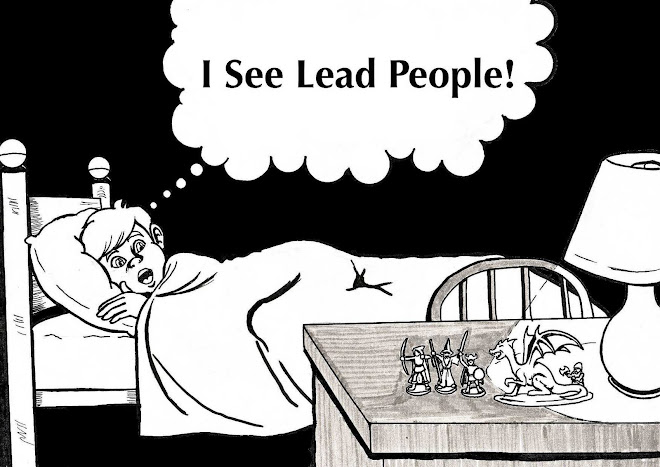With the vast variety of monsters available to DMs, it is tempting to try to use new monsters all the time. The temptation of the next challenge or the fear of encounters becoming boring is a difficult impulse to resist, but there is merit in resisting the call toward ever-new and differing monstrous encounters. It has been said that limitless options is almost as bad as no options and this is demonstrated easily in the use of monsters in your campaigns. If every encounter is something new and unique then no encounter really means much of anything. Reusing monsters helps establish a consistency and believability to your game world. This helps establish a sense of place and thematic consistency.
As your players learn the world, they will learn its denizens and there is a profound sense of achievement for players as they begin to learn the workings of the campaign setting. Not only does this help the players feel they are getting to know the world, this familiarity will start to take monstrous encounters in new directions. The squeaking and fluttering from a dark cave begins to take on a new meaning with your players after their third encounter with bat swarms or stirges and their recognition of this queue will send them thinking and planning how they can avoid another round of blood loss and/or disease. When they encounters orcs again and again, the will start to find out that sometimes orcs can be bribed and that some orcs maybe aren't so keen on other monsters in the party's path.

There is a strange tradition in D&D of withholding monster identities from players and their characters. This often takes the form of a somewhat tedious, cat and mouse game of selective description that seems to serve no other purpose than to gaslight the players. While I recognize that this is generally intended to instill la sense of in-world wonder and mystery I also have to wonder if it is really all that necessary or even realistic.
D&D is ostensibly based on the model of a medieval world in which the monsters of myth, legend, and fiction actually exist. The people of those worlds live and interact with, war against, and generally fear those monsters. So, if this is the case, why would any adventurer need to stumble through some one-sides 20 questions description of every monster they encounter?
This is not to say that there aren't monsters worthy of or where a descriptive encounter is not needed and/or proper, but there are a good number of monsters that people would know from their day to day lives. Other creatures would be known through stories, song, family histories, teachings, and other methods of conveyed knowledge. It is for this reason that I feel the creators of the game really did a great disservice to players and the Monster Manual by removing the "Frequency" (and the number appearing for that matter) entries from the monster listings.
Even when using the frequency mechanic, DM's can still free to choose "show" rather than "tell" when the party encounters a new monster. This is especially true when they are travelling a good ways away from their home territory or when they are encountering creatures that are truly mysterious and unusual. Even when encountering common creatures, the DM can still play it close to the cuff. Would a party of beginning adventurers be able to tell the difference between an ogre and a hill giant? Perhaps locally, as in Tolkien's world, terms like orc and goblin are interchangeable? Just like in real-world folklore and legends, creatures often blur together or are even treated as individuals. When the party encounters fey creatures will they be able to distinguish between a sprite, a pixie, a brownie and a leprechaun?
Even when using the frequency mechanic, DM's can still free to choose "show" rather than "tell" when the party encounters a new monster. This is especially true when they are travelling a good ways away from their home territory or when they are encountering creatures that are truly mysterious and unusual. Even when encountering common creatures, the DM can still play it close to the cuff. Would a party of beginning adventurers be able to tell the difference between an ogre and a hill giant? Perhaps locally, as in Tolkien's world, terms like orc and goblin are interchangeable? Just like in real-world folklore and legends, creatures often blur together or are even treated as individuals. When the party encounters fey creatures will they be able to distinguish between a sprite, a pixie, a brownie and a leprechaun?
In the end, there is room for both descriptive monster identification and explicitly stated identification. Character lore skills, background, and even races can also be used as a guide for determining who knows what or filling in the blanks of any description provided by the DM.





































































No comments:
Post a Comment